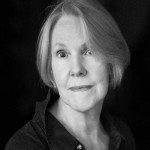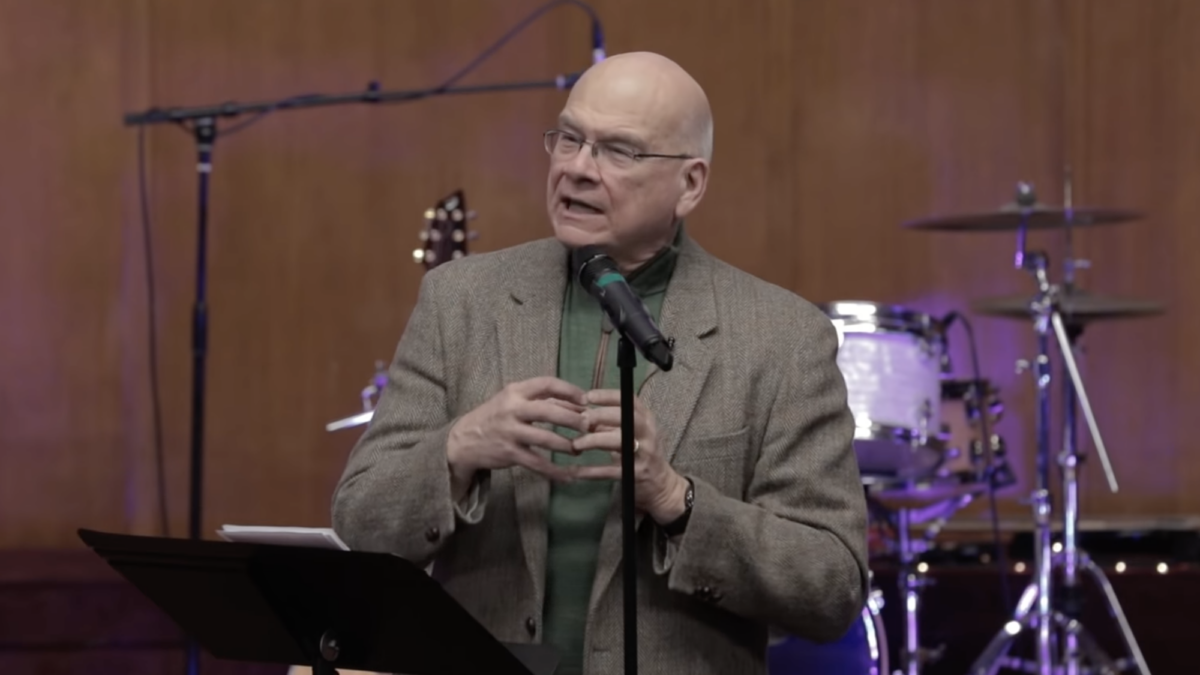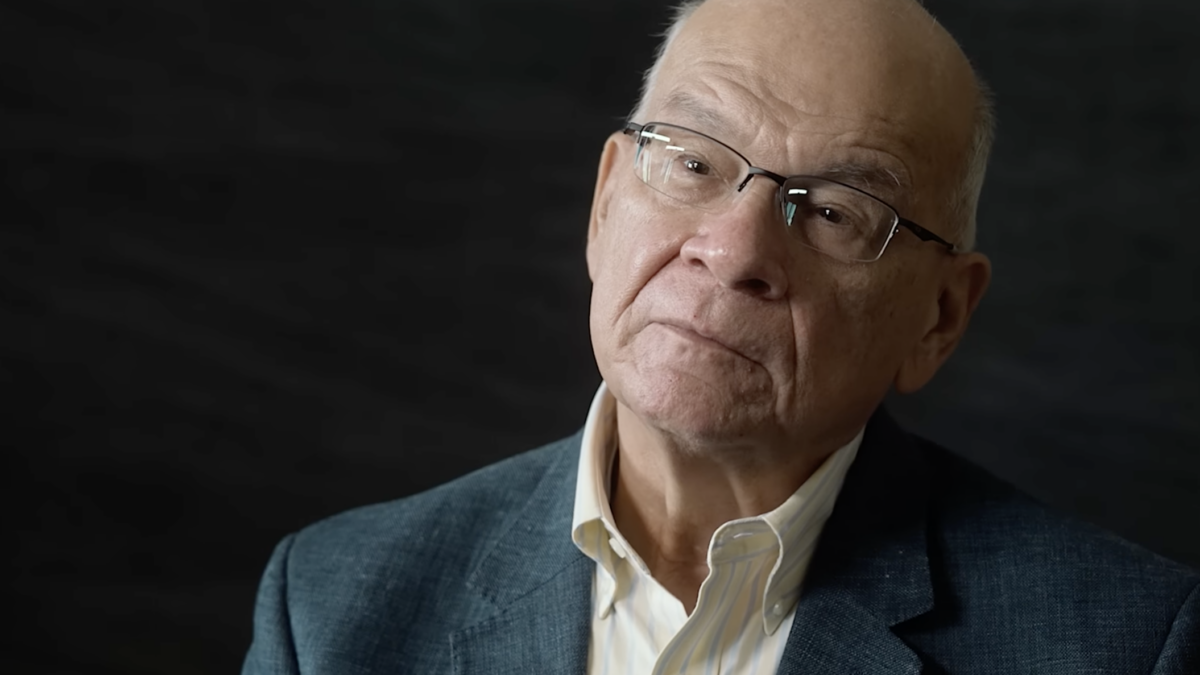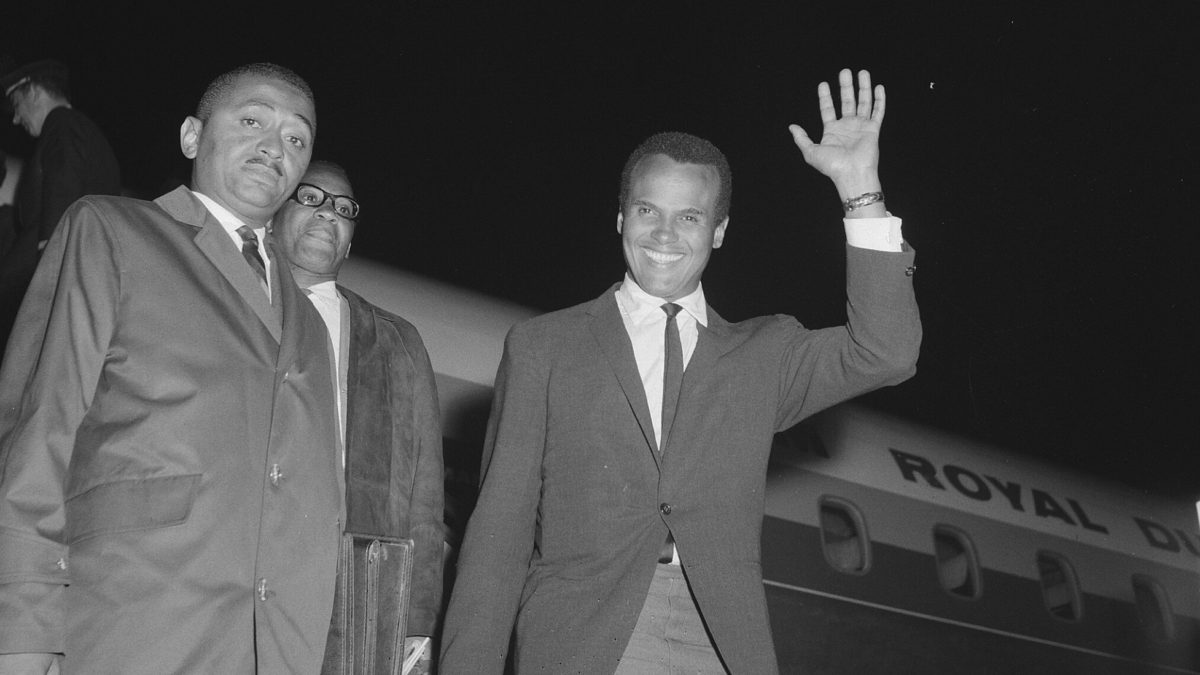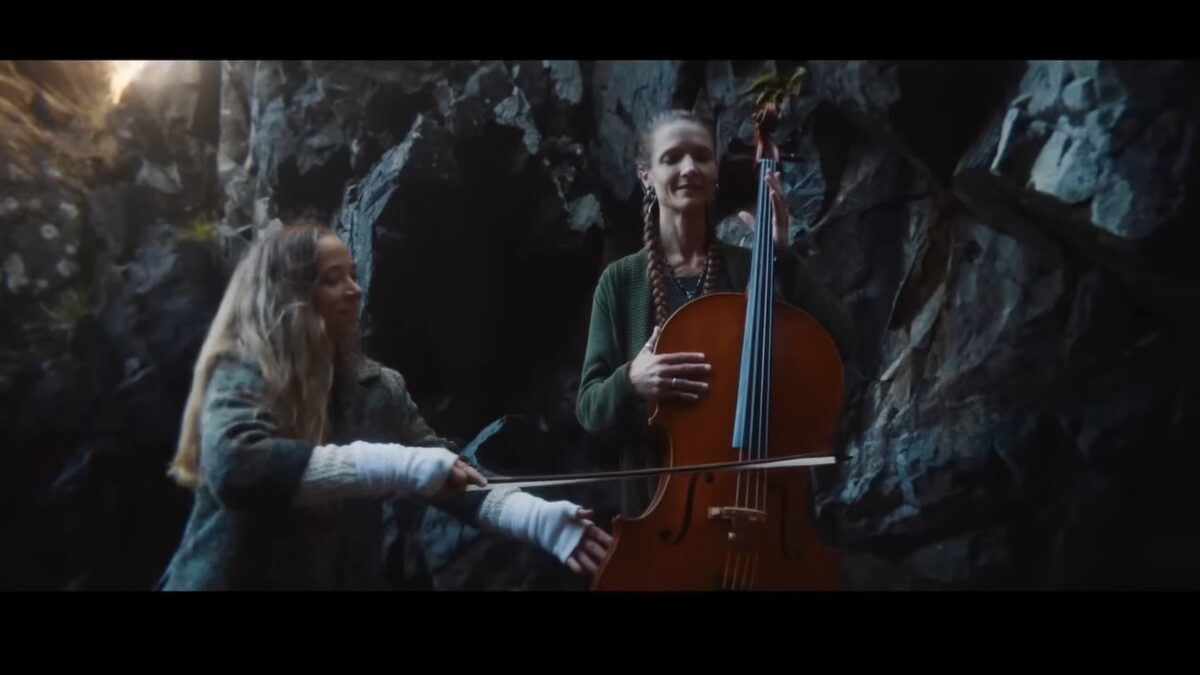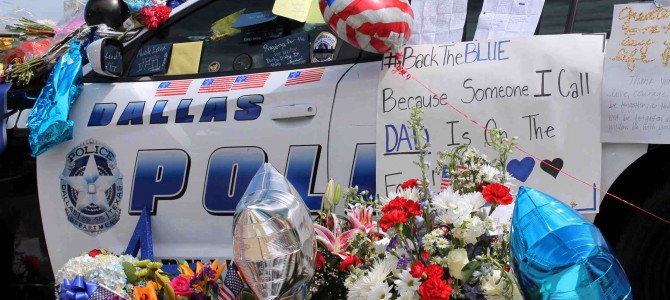
Handwringing of the PC kind is a ritual exertion in my solidly Democrat town. Chappaqua is not called the Upper Upper West Side for nothing.
On July 11, our town board organized a “Community Gathering in a Time of Grief and Sorrow” to mourn victims of the Dallas shootings. It was the second such liturgy in four weeks. The first convened after the Orlando rampage. Contrast between the two was telling. The first was well-attended, self-congratulatory, even festive. The second was sparse and ambivalent.
Gun control was a subtext of both. Town dignitaries replayed Hillary’s response to the rampage in San Bernadino: “We must take action to stop gun violence now.” Mention of totalitarian Islam was inadmissible in the first gathering. Any recognition of black hostility toward whites—festering since the 1970s and detailed by David Horowitz in “Hating Whitey” (1999)—was absent in the second.
It’s Almost Out of a Clichéd Movie
The June rally began with a cantor from Temple Beth El leading the crowd in singing “Ya’asch Shalom,” a prayer for peace. A Congregational minister led “Amazing Grace,” and quoted Martin Luther King Jr. (“Hate confuses life; love harmonizes it”). Reluctant to place Omar Mateen’s murder spree in an ideological context, she crooned: “For those who decide to kill each other and cause such sorrow, I truly have a hard time believing that they have experienced love, absolute love, unconditional love.”
That Mateen had experienced Islam went unsaid. Nondenominational hate was the culprit in Orlando. Love was our shield and defender. Next day’s headline in local press read: “Love Triumphs at Chappaqua Vigil for Orlando Victims.”
Town Supervisor Robert Greenstein served the obligatory candy: “More love and less hate stands for a better tomorrow.” The crowd was encouraged to reach out lovingly to the LGBT community. Between rainbow flags and compulsory cant came calls for gun control. Listen to the lady cleric: “I pray in the aftermath of this horror we can find ways to support and honor our lesbian, gay, bisexual, transgender, and queer friends and neighbors while also being mindful of the cost that gun violence brings to many communities every day.”
Congresswoman Nita Lowey dispatched an envoy to convey her vow to ban guns. Undermining the Second Amendment is worth it “If it stops one person from doing something awful.”
A member of Moms Demand Action for Gun Sense in America read a self-referential essay by an unnamed gay woman whose sense of safety Orlando had shattered: “Last night I kissed my girlfriend in public in a simple act of love and protest that straight people participate in without thought or fear.” The lament was received solemnly, as if gay discomposure were the issue at stake.
On hand to keep attention fixed on guns and gays—and prevent any awkward references to Islam—was Khusry Elley of the Upper Westchester Muslim Society and Westchester Coalition Against Islamophobia. Elley, a key figure in the BCCI money laundering scandal of the late 1980s, is an unsettling fixture at public events like this.
He is former chairman of WESPAC (Westchester People’s Action Coalition), a coven of left-wing activists. Journalist Daniel Greenfield wrote on WESPAC last year, declaring them anti-Israel and Hamas-friendly. Elley’s own blog still retains older anti-Semitic comments that a man less confident of his own immunity would have removed by now. In January, 2008, he wrote that “the Jewish lobby has gone from strength to strength” and now dictates foreign policy. A month later, he called the United States “captive to a minority with money” and added: “No one can explain to me how a great nation like the US allows itself to be dictated by a few million Jews and the Zionist nation of Israel.”
Elley has praised Sayed Qutub, the Muslim Brotherhood theorist seminal to al-Qaeda. He calls him “a man demonized by the West but his book Social Justice in Islam should be required reading for all Muslims.” The San Bernadino killers thought so, too. Qutub’s Leninist-inspired writings were found among their effects.
Yet here was Elley extricating Islam from any role in the Orlando shootings: “It appears the only crime in the eyes of the killer was the sexual orientation of the victims. We should urge our lawmakers for the harshest measures for hate crimes and take whatever measures are available to prevent such dastardly acts.”
Our local florist donated long-stemmed pink roses to the occasion. The library honored the event by placing a selection of LGBT books on a prominent display stand inside the entrance.
We Love to Talk about Blacks and Gays, But Not Police
The timbre of July’s gathering was strikingly different. It was a schizophrenic event that strained to honor five dead officers and, at the same time, bow heads for two black victims of police racism. The crowd was thinner. There were no incantations about love’s healing power, no call to reach out to men and women in law enforcement.
Dozens of police and firemen came from across Westchester to remember their colleagues killed protecting Black Lives Matter protesters. All were in dress uniforms, their badges covered with black armbands. Formalities opened with the Emerald Society bagpipers and a presentation by the police department’s color guard. The president of the local school board led the Pledge of Allegiance. The names of the five dead officers were read aloud.
Then the talks began. Ceremony went off-key from there. The chief of police and the president of the local Police Benevolent Association gave the eulogies. Chief Ferry felt obliged to defend militarized weaponry in police hands to counter “militarization of criminals.” Officiating clergy and bureaucrats ascended swiftly to the Bigger Issues: gun control, “disparity in justice,” and covert support for the anti-cop pieties Ferry had just rejected.
Supervisor Greenstein set the tone. He was suitably aggrieved (by all the lives lost) but in that double-minded way President Obama would adopt next day in Dallas. After obligatory commonplaces about honor of service, Greenstein threw meat to the very movement that prompted a black sniper to slaughter five white policemen: “Americans of all races and all backgrounds are outraged by police misconduct. It is unacceptable. When one of us is victimized we all suffer.”
In other words: Those officers should not have been murdered; nevertheless . . . . Besides, the overriding issue lay elsewhere: “Whether the event stems from terrorism, hate crimes or any other motive is irrelevant. Gun violence as a tool of hatred targeting race, gender, sexual preference, profession or any other reason cannot be tolerated. We must say no to gun violence.”
The source of hatred in Dallas went unmentioned. Anti-white animus is a progressive motif that precedes the events of Dallas. It is also a taboo subject, the silence yielding covert complicity in what Jim Sleeper in “Liberal Racism” (1997) called “the color-coding of American life.”
Not one speaker uttered a word against the dangers of making race an organizing principle of our civic life. Instead, the tenor of things affirmed Sleeper’s comment of 20 years ago: “Liberalism no longer curbs discrimination. It invites it. It does not expose racism; it recapitulates and, sometimes, reinvents it.”
We Are Not in Selma Any More
The racial politics of Black Lives Matter (BLM) is a virulent product of that re-invention. Its website states: “Black Lives Matter is an ideological and political intervention in a world where Black lives are systematically and intentionally targeted for demise.”
BLM decries the many ways “violence is inflicted on Black folks across the world” and refuses to behave while “white supremacy and antiBlackness live and thrive in every society, culture, and part of our world.” Stating its aim of “(re)building the Black Liberation movement,” the website lapses into radical left boilerplate that hints at a larger game: “Black queer and trans folks bear a unique burden from a hetero-patriarchal society that disposes of us like garbage and simultaneously fetishizes us and profits off of us, and that is state violence.”
No, Toto, we are not in Selma anymore. But local Dems refuse to notice.
They brought back Khusro Elley. With him came under-the-radar sympathy with the BLM movement. All innuendo, Elley mourned the “unfortunate and unnecessary deaths” of the past week. The ambiguity of his comment insinuated a moral equivalence between dead police and their murderer. He waxed bolder: “We are outraged by the killing of African American men and women.” Then the punch line, a veiled accusation that had to sear the marrow of every officer listening: “I would rather be Muslim than black in America.”
A rabbi followed, admonishing against indifference with quotes from Elie Wiesel, an Auschwitz survivor. But indifference to whom? To what? The implicit Holocaust reference suggested solidarity with black grievance, not with the uniformed men and women standing in front of him.
Sky Lanterns in the Dark
The Congregational minister appeared again to deliver another posy to gun control: “I truly pray I am not standing here in another month for another vigil for another senseless act of violence.”
There was nothing senseless about the Dallas murders. They were the inevitable response to a toxic ideology that rationalizes the spilling of Pig’s Blood. Micah Johnson set out to kill white people, specifically white law enforcement. According to his Facebook page (since removed), he had joined the Mississippi branch of the Black Panther Party. Johnson was an incendiary retread in the cast of Huey Newton, Bobby Seale, and Eldridge Cleaver in his cop-shooting days.
Those half-forgotten names represent a racial antagonism that considers itself justified in the name of historic grievance and claims of ongoing persecution. As a poster stated on the Facebook page of the African American Defense League on July 18: “Where was ‘All Lives Matter’ between 1619 and 1968?”
The character of Elley’s participation in these interfaith clambakes sends a signal: America’s race industry is advantageous to the caliphate’s advance men. A gun grab, too, has uses. His presence serves as warning that our existence is intolerable to some others, possibly even those who pray with us. But it is an alarm we prefer not to hear.
This month, the florist sent no roses. The library featured no relevant books. No one read an essay by a police widow. It was left to volunteers in the Chappaqua Fire Department to release sky lanterns into the gathering dark in honor of the dead.
